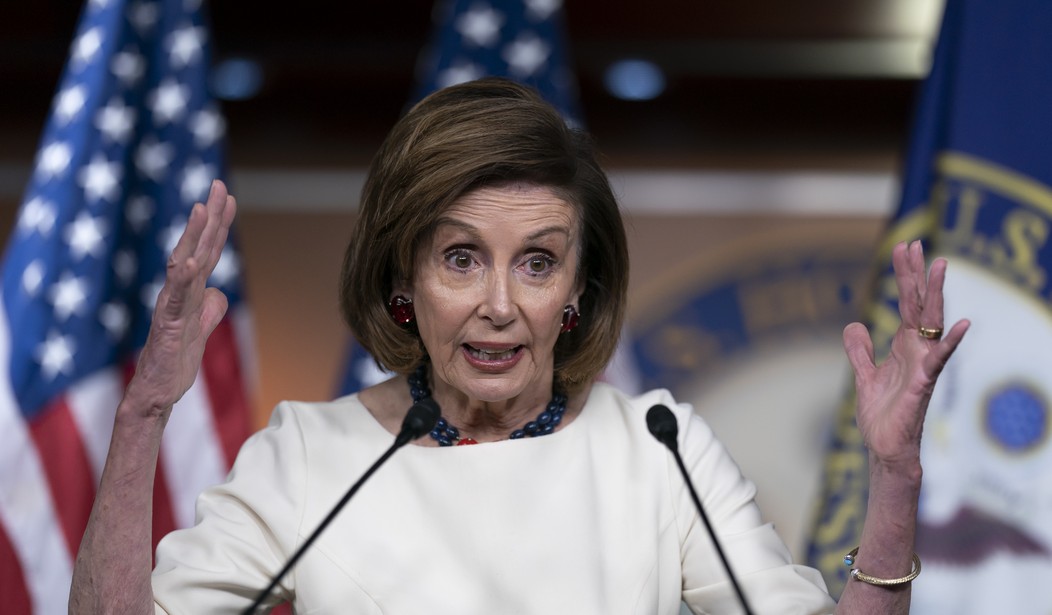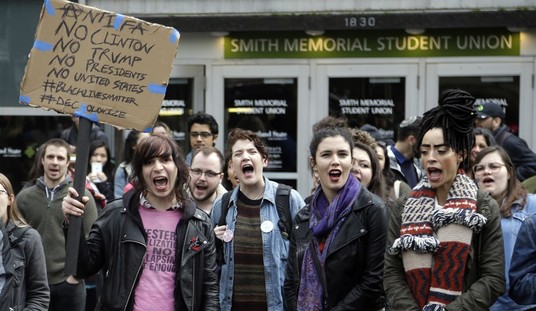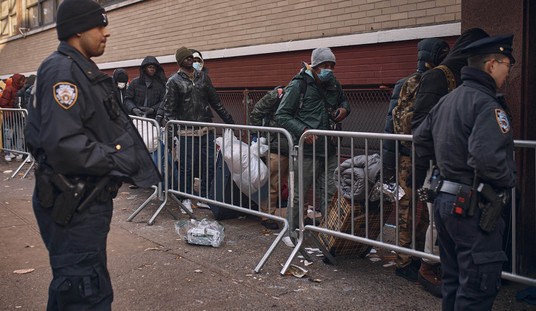Congratulations, or something:
The Democratic-controlled House passed sweeping legislation Friday aimed at expanding the social safety net and tackling climate change, a major step that moves a top legislative priority of President Joe Biden closer to his desk.
The House voted 220 to 213 to pass Biden’s Build Back Better bill, with one Democrat joining all Republicans in opposing the measure.
The bill now heads to the Senate, which is hoping for a vote before Christmas. The Senate is expected to make some changes in order to win the support of all 50 Democratic-voting members and comply with arcane budget rules. That will mean another vote in the House will be likely before the bill can become law.
“Some changes”? That’s one hell of an understatement from NBC’s Sahil Kapur. As Joe Manchin put it yesterday, the House version won’t suffice even as a negotiating platform in the Senate. Pelosi only got the bill passed by putting components back into the bill to which Manchin specifically objects. Not to mention that massive tax break for the wealthy in the SALT cap hike, to which both Manchin and Bernie Sanders objects.
As predicted, Jared Golden provided the only Democratic nay vote on the BBB. He had signaled his displeasure with both the level and kind of spending in Pelosi’s version of the reconciliation package for some weeks. In the end, Pelosi succeeded in rounding up the rest of her caucus for this walk off the midterm gangplank, on a bill that has zero chance of consideration in the Senate, let alone get passed into law.
The “zero cost” lie died along the way, at least, although Roll Call reports that Democrats want credit for getting in range of deficit neutrality:
The nonpartisan CBO, the official scorekeeper, offered a cost estimate with a little wiggle room. It said the measure would increase deficits by $367 billion over 10 years — but that doesn’t count additional revenue that could come from increased IRS tax enforcement.
How much new revenue that effort would yield has been hotly debated. The White House has said increased enforcement, aided by an additional $80 billion in IRS funding, would produce $480 billion in new revenue over a decade. The CBO took a more cautious view, saying the effort might produce $207 billion.
The net effect, after accounting for that revenue, would mean the package would increase deficits by $160 billion over 10 years, falling a bit short of paying for itself. But Democratic centrists said they were willing to count on more generous estimates of tax enforcement revenue and felt comfortable that the bill largely pays for itself.
The only accomplishment this creates is that Republicans have the material for a deluge of midterm ads accusing vulnerable Democrats of blowing up the deficit to pay off wealthy donors on the coasts. House Democrats won’t even get the chance to defend against those attacks with the payoffs from the bill, because those payoffs will never materialize. Nancy Pelosi may take a victory lap today, but this is an own-goal moment, and nothing more.







Join the conversation as a VIP Member